American-Israeli Company Raises $60 Million for Solar Geoengineering Technology, Raising Concerns Among Scientists
Last week, Stardust, an American-Israeli company, announced that it had secured a $60 million venture capital round, the largest known investment to date for a solar geoengineering startup. This significant funding boost will enable Stardust to develop a system capable of deploying its technology by the start of the next decade, according to Heatmap, which broke the story.
The $60 million investment is a substantial vote of confidence in Stardust's proprietary technology, which claims to be able to cool the planet. This funding round is not only the largest for a solar geoengineering startup but also underscores the growing interest in this emerging field. The investment is a mix of equity and debt, with a significant portion of it coming from a prominent venture capital firm.
The market for solar geoengineering is still in its infancy, with several startups and research institutions exploring various technologies to manipulate the climate. However, the rapid pace of investment in this space has raised concerns among scientists, who argue that the development and deployment of such technologies should be studied, evaluated, and developed mainly through publicly funded research.
Stardust's technology is not the only one being developed in the solar geoengineering space. Other companies, such as Make Sunsets and Locus Bio, are also working on similar technologies, albeit with less funding. The market for solar geoengineering is expected to grow significantly in the coming years, driven by increasing concerns about climate change and the need for innovative solutions.
The company's CEO, who wishes to remain anonymous, stated that the funding will be used to scale up the technology and prepare it for deployment. Stardust's technology uses a proprietary method to reflect sunlight back into space, which could potentially cool the planet. However, scientists have raised concerns about the potential risks and unintended consequences of such technologies.
The rapid growth of the solar geoengineering market has significant implications for the industry. As more companies enter the space, the competition for funding and talent will increase, driving innovation and potentially leading to breakthroughs. However, it also raises concerns about the lack of regulation and oversight, which could lead to the development and deployment of untested and potentially hazardous technologies.
In the coming years, the solar geoengineering market is expected to continue to grow, driven by increasing investment and innovation. However, the scientific community will need to be closely involved in the development and deployment of these technologies to ensure that they are used responsibly and for the greater good.
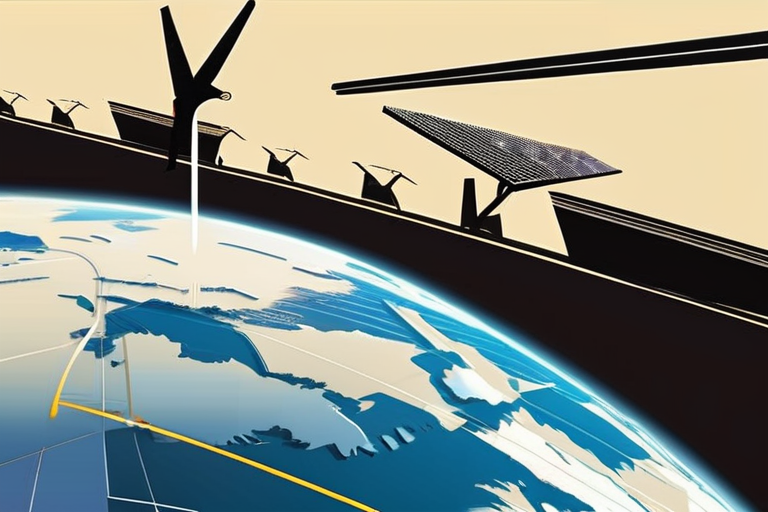



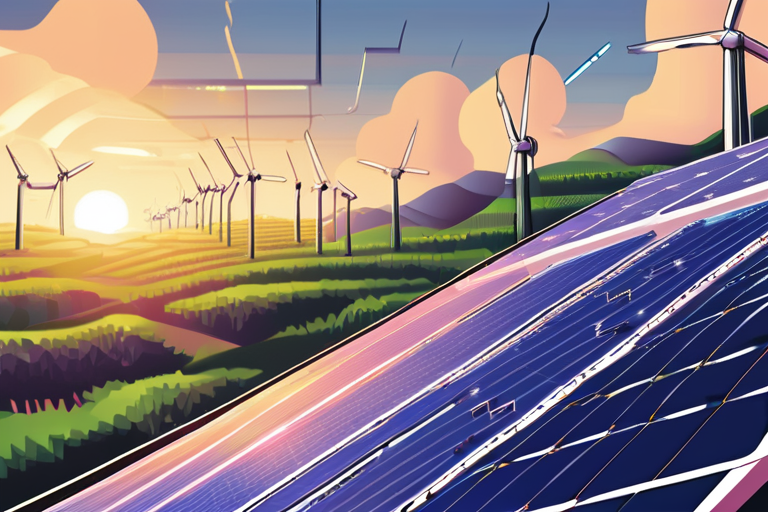
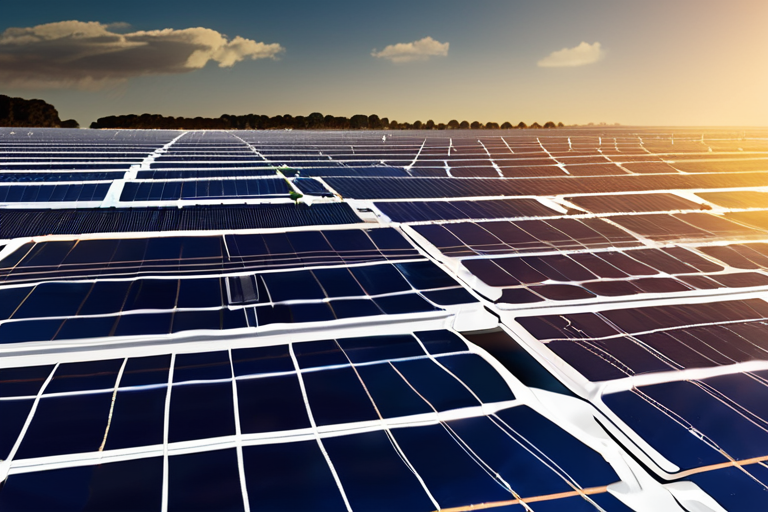


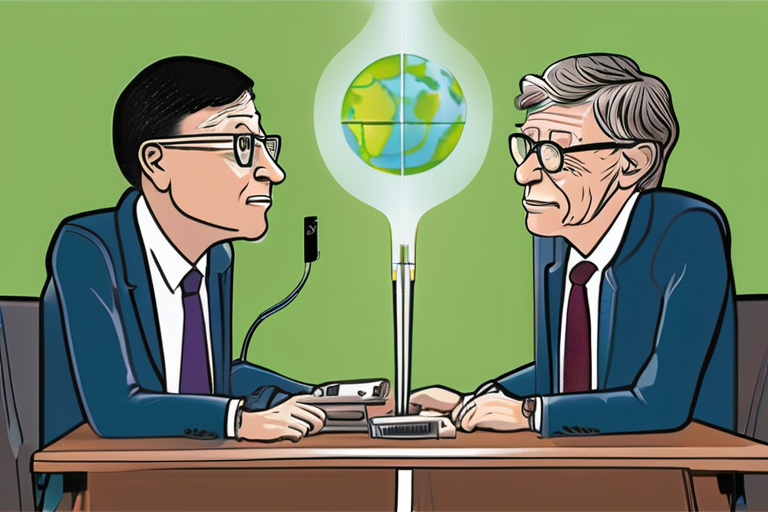




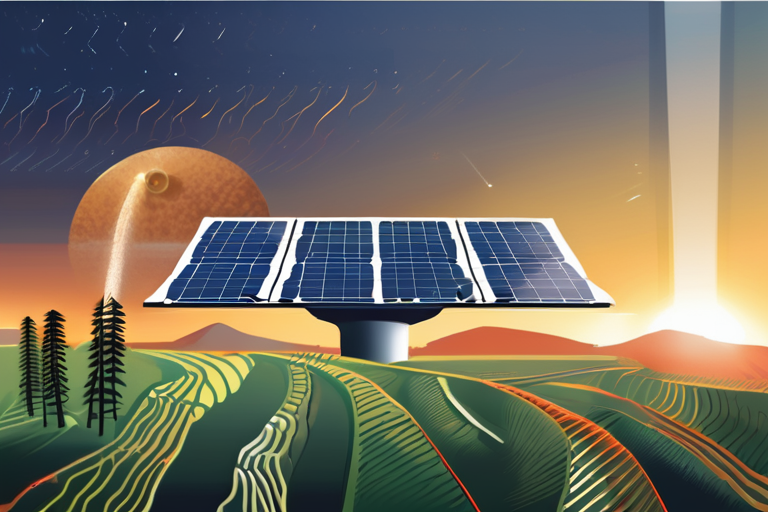










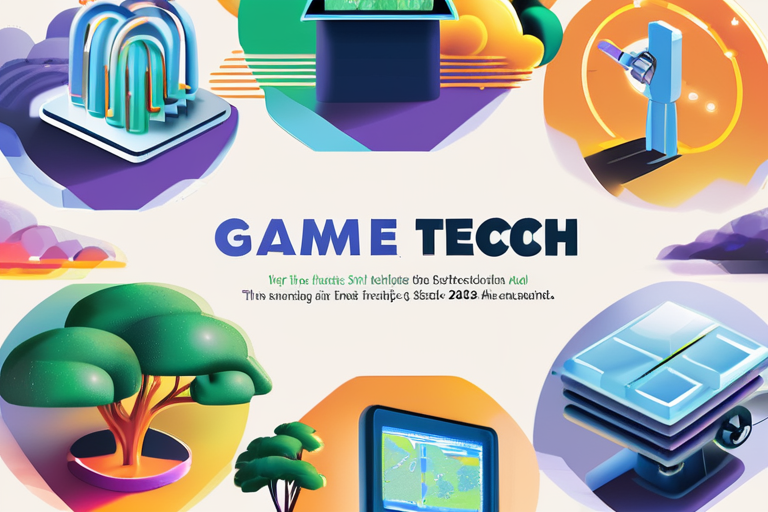

Share & Engage Share
Share this article